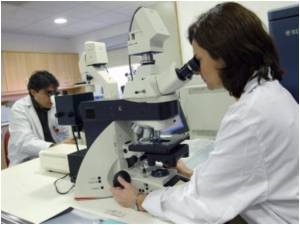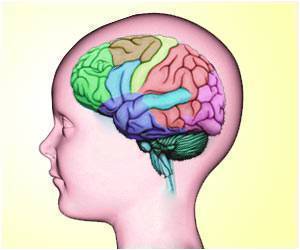Whole-genome sequencing has discovered eight new genes responsible for epileptic encephalopathy
Highlights
- Eight new epilepsy genes have been discovered by whole-genome sequencing method
- The whole genome sequencing method can help us identify various mutations responsible for specific type of epilepsies
- Approximately around thirty percent of kids with epilepsy do not respond to antiepileptic drugs due to unknown genetic mutations
This extensive research project was piloted by Michaud and his colleagues, Elsa Rossignol and Patrick Cossette of Universite de Montréal and Berge Minassian of the University of Toronto.
The team identified eight new genes involved in this type of epilepsy thanks to their use of whole-genome sequencing, which had never been done before in an epileptic study of this scope.
The results of their study were recently published in the American Journal of Human Genetics. "By learning about the pathophysiology of the genes involved, we hope to move towards a more appropriate treatment and decrease the amount of time spent on cumbersome medical assessments," said Michaud.
This discovery has had further-reaching implications. The findings not only validate the systematic approach to whole-genome sequencing in clinics, they also demonstrate that de novo mutations, otherwise known as spontaneous mutations not inherited from parents, are the main cause of this severe type of epilepsy.
"These children underwent extensive medical assessments, but no one could find the main cause. If we had conducted this analysis earlier, before all the medical tests were performed, it is possible the yield would have been even greater."
"Thanks to whole-genome sequencing, we were able to identify a larger number of mutations," he said. "In the future, the development of new methods for analyzing whole-genome sequencing data will make it possible to improve diagnostic performance."
This scientific breakthrough was made possible thanks to the collective efforts of more than 100 researchers from around the world. "We developed a network of collaborators in the United Kingdom, in several other European countries and in Australia to identify 30 other children with mutations in the same genes," said Michaud. "This is how we were able to validate our findings."
In the context of epilepsy, he added, de novo mutations seem to involve mechanisms of gene disruption that are unlike those involved in intellectual disability.
"Mutations in epilepsy tend to affect specific areas of the gene, whereas mutations associated with intellectual disability are more often distributed throughout the entire gene. This pattern suggests that mutations in epilepsy impart specific properties to their corresponding proteins, which may then manifest as a decrease or increase in protein activity. In intellectual disability, mutations will simply deactivate the gene."
Knowledge of these mechanisms of action is crucial for the development of personalized epilepsy treatments. However, much more work is needed before these treatments can be harmonized with patients’ genetic profiles.
Reference
- Fadi F. Hamdan et al, High Rate of Recurrent De Novo Mutations in Developmental and Epileptic Encephalopathies, The American Journal of Human Genetics (2017) DOI: http://dx.doi.org/10.1016/j.ajhg.2017.09.008
Source-Eurekalert
















